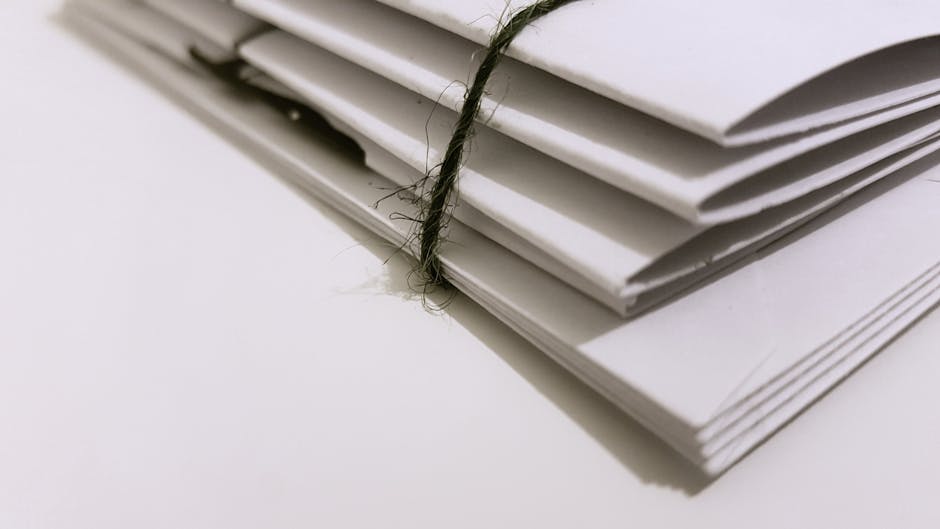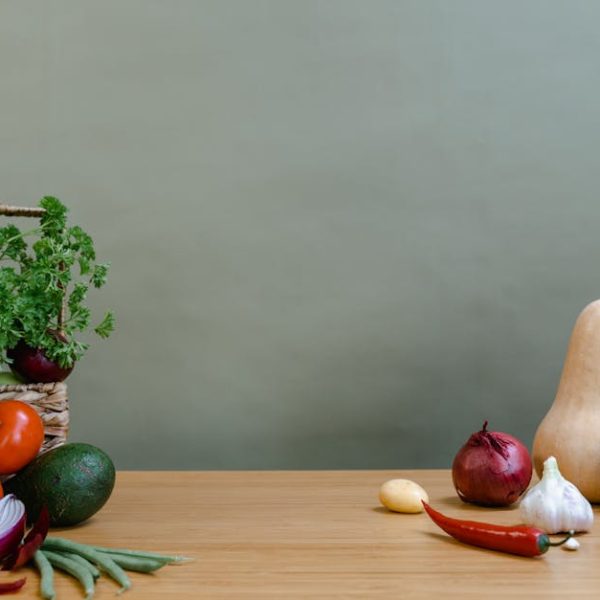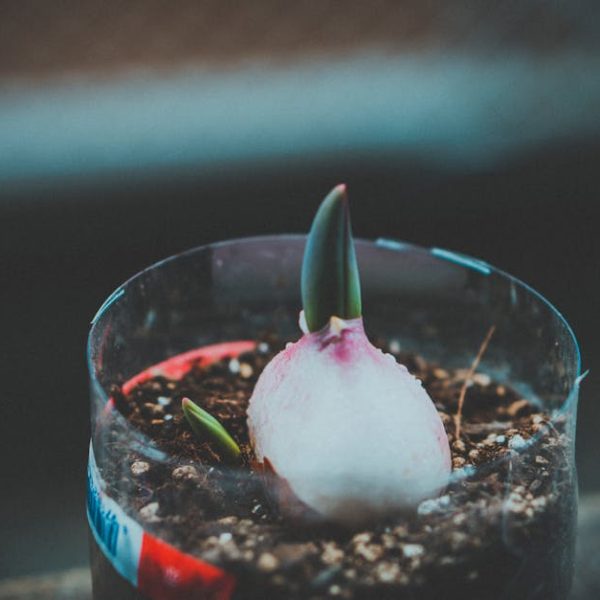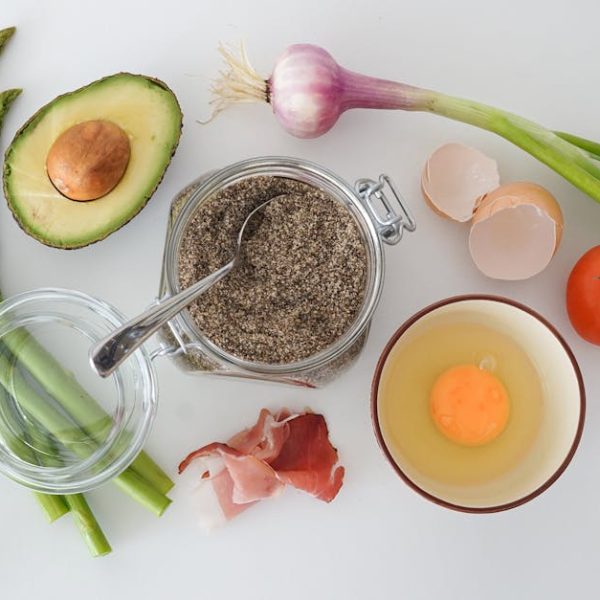Do your potatoes often sprout or rot before you’re ready to use them? We’ve all been there. By understanding why potatoes spoil and taking a few simple steps, you can keep your potatoes fresh for weeks (instead of days) in your kitchen!
Understanding How Potatoes Spoil
Potatoes are living organisms, with the capacity to degrade or spoil over time. Various factors can substantially escalate this process. One such factor you should be aware of is light: exposure to light can promote the growth of harmful toxins. This results in green spots and unwanted sprouting on your potatoes. Other contributors to potato spoilage include exposure to heat (which facilitates sprouting), high humidity levels (which causes potatoes to become soft), and bacteria or fungus (which can lead to decay).
One common mistake that can intensify these factors is storing potatoes in a generally warm environment like beside the oven or in plastic bags, which trap moisture and hasten spoilage.
Key Points
– Light, heat, and dampness increase the rate of potato spoilage.
– Storing potatoes in warm locations or plastic bags contributes to a rapid decay process.
Selecting and Buying Fresh Potatoes
Your battle against potato spoilage begins in the grocery store or market. By selecting fresh potatoes, you are already at an advantage. Look for firm potatoes without any visible blemishes, cuts or green spots – which are indicators of toxin development. Moreover, if you notice a musty smell, it might be a sign of early decay.
Also,
remember to resist the allure of discounted, large bags of potatoes unless you’re planning a potato-heavy meal. Buying larger quantities than you can use in a reasonable period significantly increases wastage.
Best Practices
– Prioritize firm, blemish-free potatoes while shopping.
– Be mindful of quantities. Buying more potatoes than you can use entails a greater risk of spoilage.
Proper Potato Storage Techniques
The ideal conditions for storing potatoes are dark, cool, and dry places. A pantry or cellar that maintains a temperature between 45-50 degrees Fahrenheit (about 7-10 degrees Celsius) is excellent, although a cool, dark cabinet or drawer will also do in a pinch. Open paper bags, mesh bags, or baskets are suitable storage vessels, as they allow air flow.
Avoid storing potatoes in the refrigerator. The cold temperature will convert starches into sugars, giving potatoes an odd sweet taste when cooked.
Pro Tips
– Store potatoes in a cool, dark, and airy location to prevent sprouting or rotting.
– Use open containers like paper bags or baskets to store potatoes.
– Refrigeration is not a good storage method for potatoes as it alters their taste.
Now that we understand how to store potatoes properly, let’s look into how to handle them correctly to further prolong their freshness.
Avoiding Damage and Bruising
Handling our potatoes with care is a vital, yet often overlooked, facet of extending their shelf life. The impact from dropping, strong pressing, or piling potatoes high can result in bruising, which opens an avenue for bacteria and other spoilage agents. So, be careful while transporting them from the store to your kitchen or from your pantry to your countertop. Gently spread out potatoes in a single layer for storage, rather than dumping them in one big pile.
Moreover, during preparation, a sharp, clean knife is better than rough peeling – it helps preserve the protective skin and minimize the chances of introducing bacteria.
Pros and Cons
– Handling potatoes gently prevents bruises that expedite spoilage.
– Rough handling or improper tools during preparation can compromise the potato’s protective skin and introduce bacteria.
Separation Technique
Certain fruits and vegetables, like apples and bananas, emit ethylene gas—a natural plant hormone that can accelerate sprouting in potatoes. Therefore, it’s crucial to separate your potatoes from such fruits and vegetables.
However, storing potatoes together with garlic or onions can be beneficial as these items have complementary storage requirements—cool, dark, and dry.
Versus
| Storing Potatoes With | Effect |
|---|---|
| Apples or bananas | Speeds up sprouting |
| Garlic or onions | No negative impact and potentially beneficial since storage requirements are similar |
Regularly Checking Your Potatoes
Just as it’s important to check and sort potatoes at the beginning of your purchase, it’s equally crucial to conduct regular checks during storage. This proactive approach lets you spot and quickly remove any potatoes that might be starting to sprout or show signs of spoilage, helping keep the rest of your potatoes fresh.
Always remove and discard any soft, discolored, sprouting, or rotting potatoes immediately to prevent them from affecting others.
Best Practices
– Regularly check your stored potatoes, and remove any that show signs of spoilage.
– Monitor potatoes for softness, discoloration, sprouting, and any other signs of decay.
By following the simple techniques we’ve discussed, we can extend our potatoes’ freshness, reducing food waste and saving money in the process. Remember, proper storage and handling are key in slowing down spoilage and preserving the quality of your potatoes. Happy cooking!
Key Takeaway:
- The most major factors that contribute to potato spoilage are exposure to light, heat, humidity, and improper storage.
- Choosing quality, firm potatoes without any visible blemishes and being mindful of the quantity bought can help prevent wastage.
- Storing potatoes in a cool, dark, and airy location, and preventing damage or bruising during transportation and preparation can prolong their shelf life.
- Regular checks of stored potatoes are crucial to remove any showing signs of spoilage, keeping the rest fresh.
- Separating potatoes from certain gas-emitting fruits and vegetables further enhances their longevity.
So, to ensure your potatoes last longer and maintain their best quality, remember to handle them gently, select the best at purchase, separate them from certain vegetables, and maintain an optimal storage environment. Moreover, be proactive in checking your potatoes regularly for spoilage signs to keep the rest safe. These simple techniques aren’t hard to implement, but they’ll make a massive difference in preserving your potatoes.
FAQs
Q: Can I store potatoes in the refrigerator?
A: No, storing potatoes in the refrigerator is not recommended as the cold temperature converts the potato’s starches into sugars, which gives them an odd sweet taste upon cooking.
Q: Does it make a difference if I store potatoes in a plastic bag versus a paper bag?
A: Yes, it does. A paper or mesh bag allows better airflow compared to a plastic bag, making it a healthier storage environment for potatoes.
Q: Why should I separate potatoes from some fruits and vegetables?
A: Certain fruits and vegetables, like apples and bananas, release ethylene gas that can accelerate sprouting in potatoes. Separating them helps maintain the shelf life of your potatoes.
Q: Do bruised potatoes spoil faster?
A: Yes, bruising damages the potato skin, making it vulnerable to microbes that can expedite spoilage. Therefore, handle your potatoes gently to avoid damage and bruising.
Q: How often should I check my stored potatoes?
A: It’s a good habit to check your stored potatoes regularly. If you notice any signs of spoilage such as softness, discoloration, or sprouting, remove and discard them immediately to prevent affecting the others.
Remember, knowledge is power! Share this article with others and explore more posts on our website for additional helpful tips and tricks.






